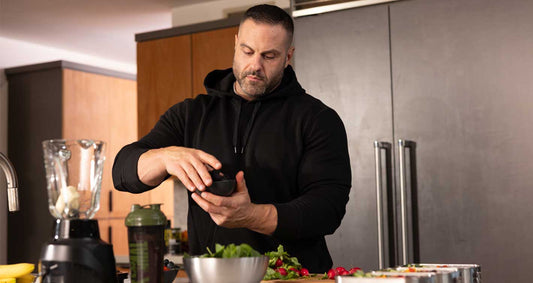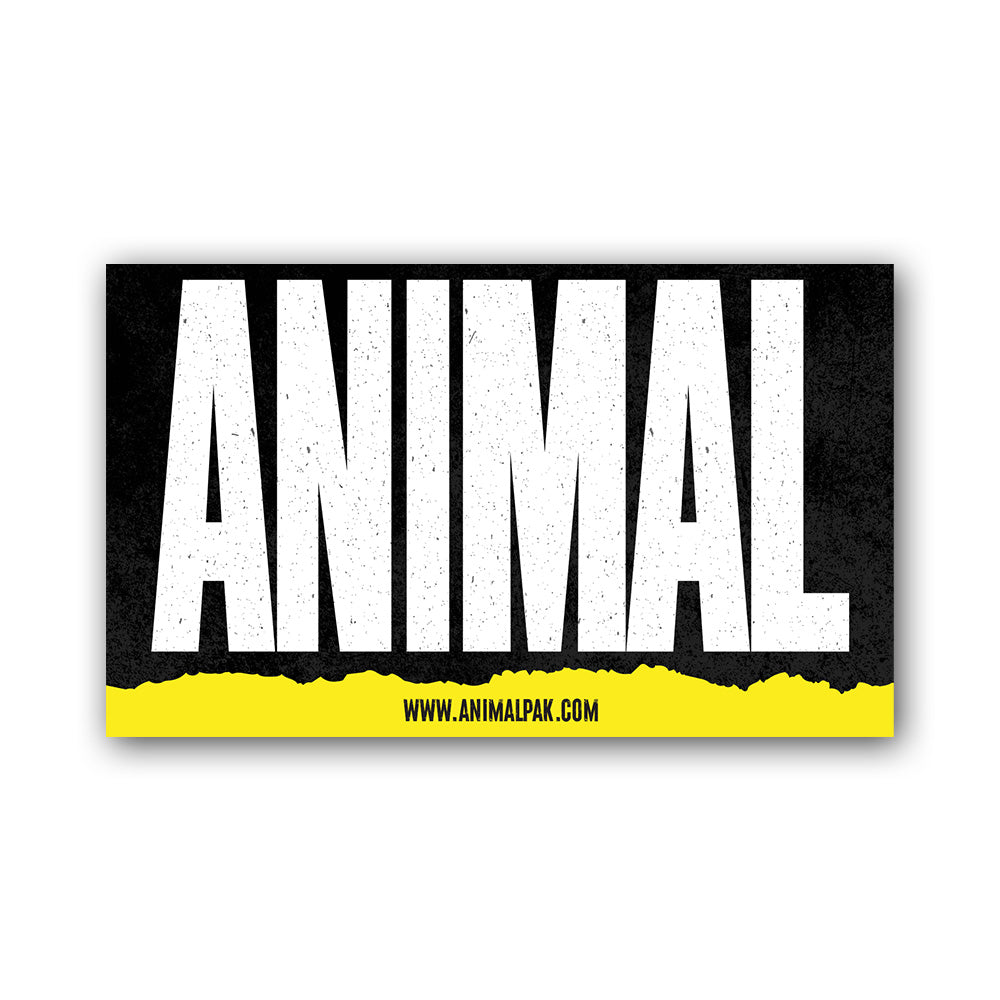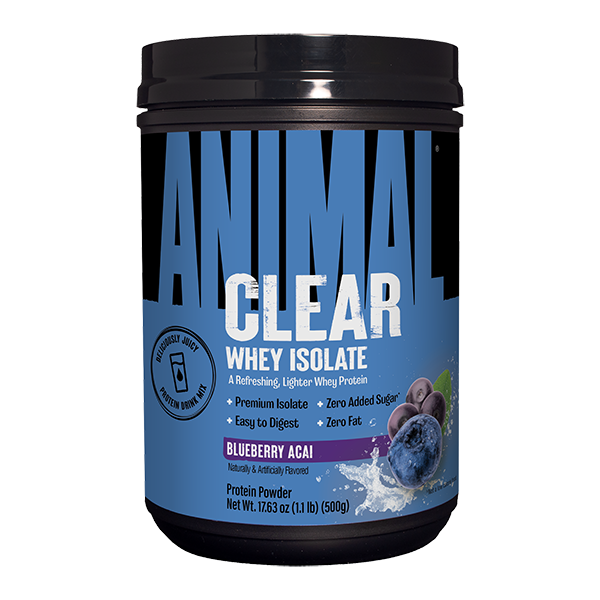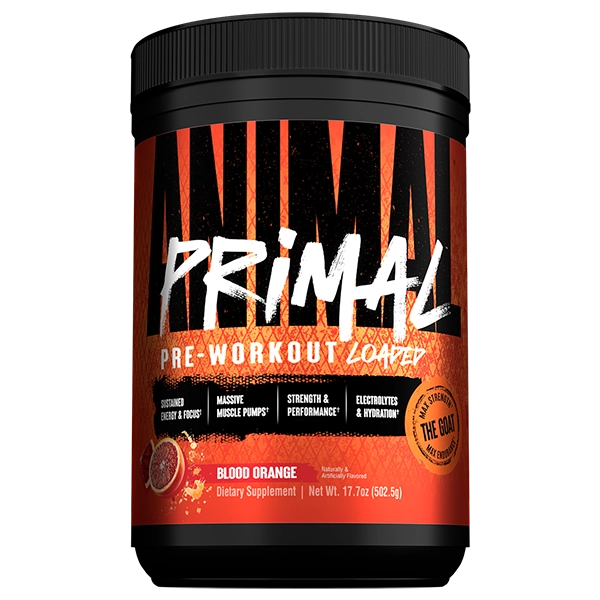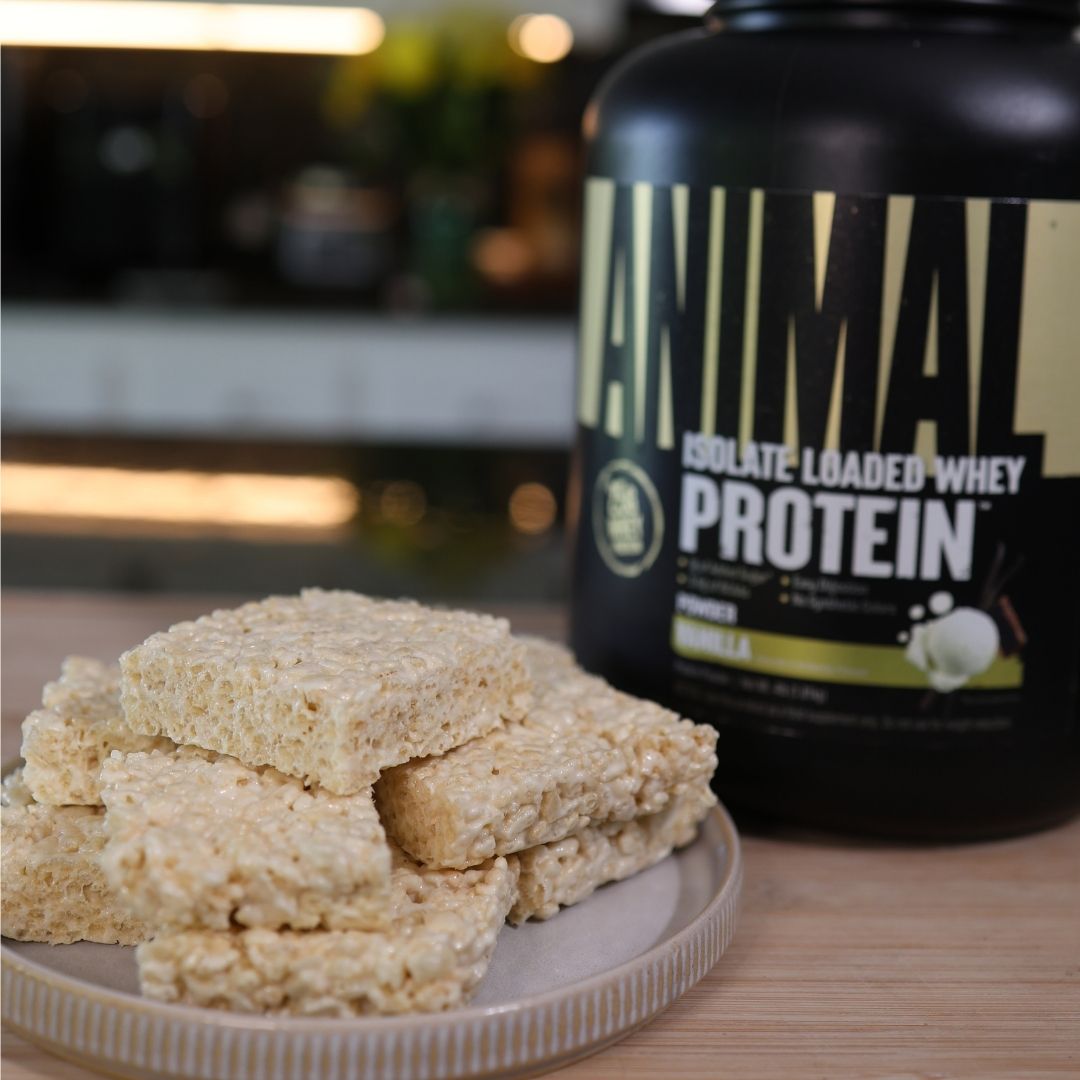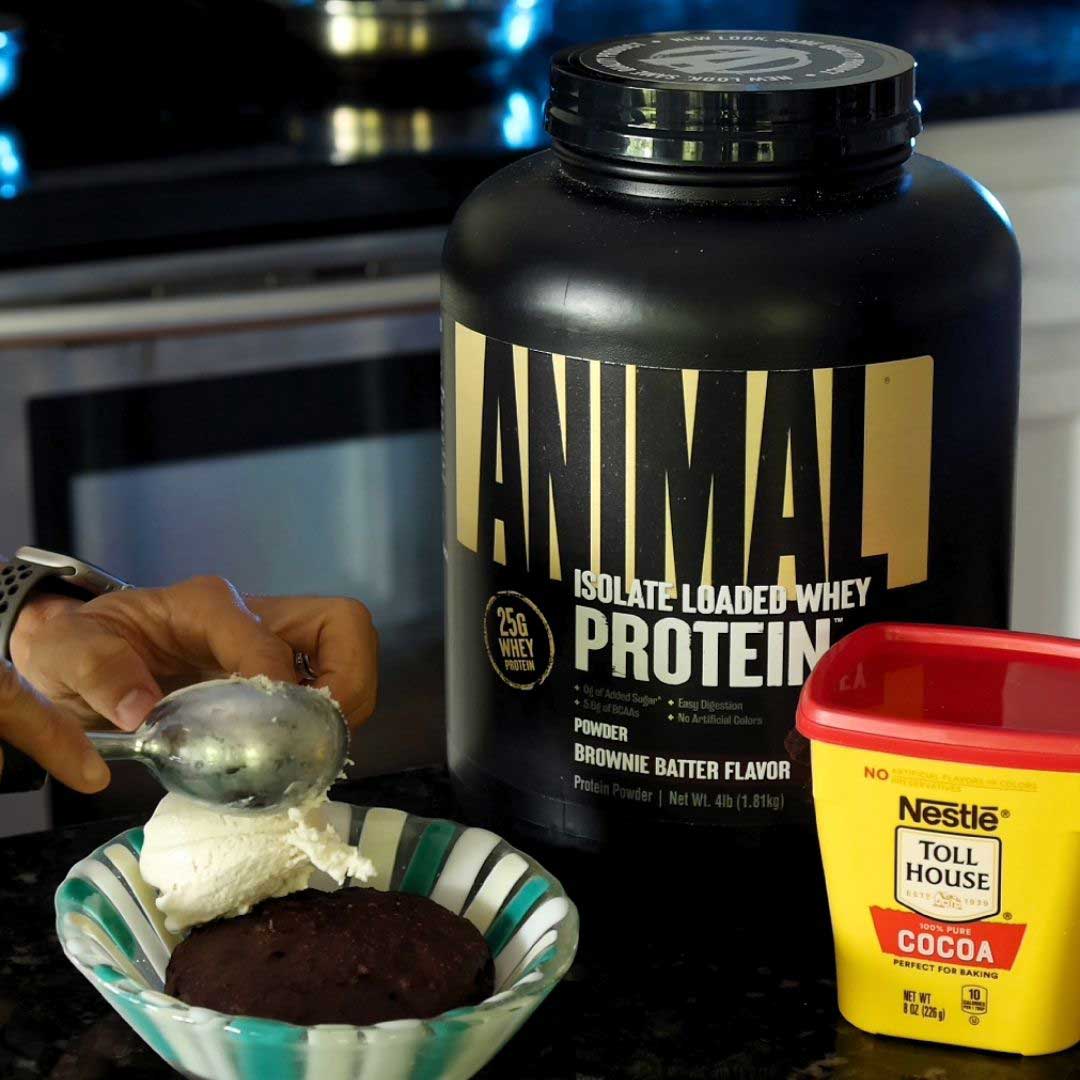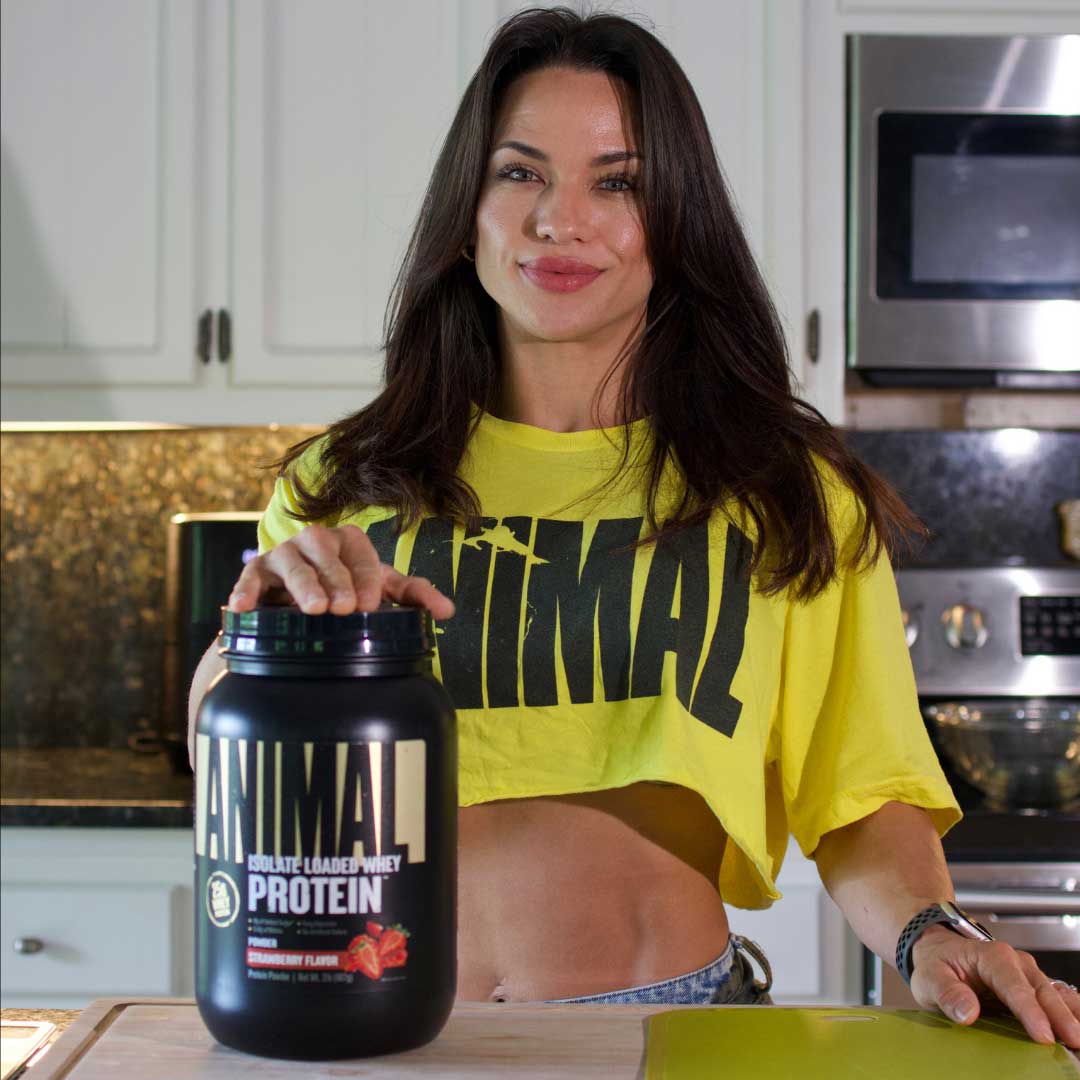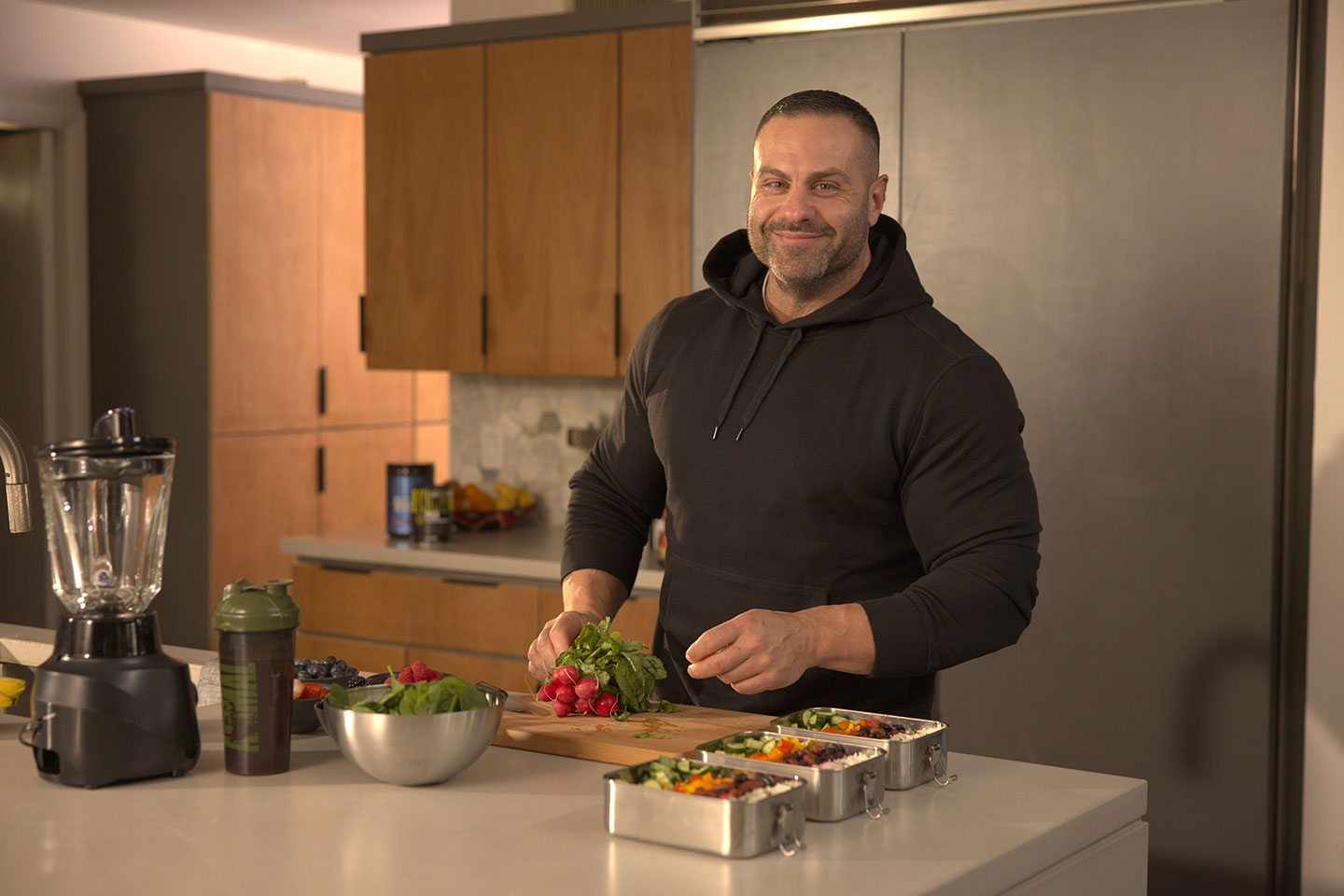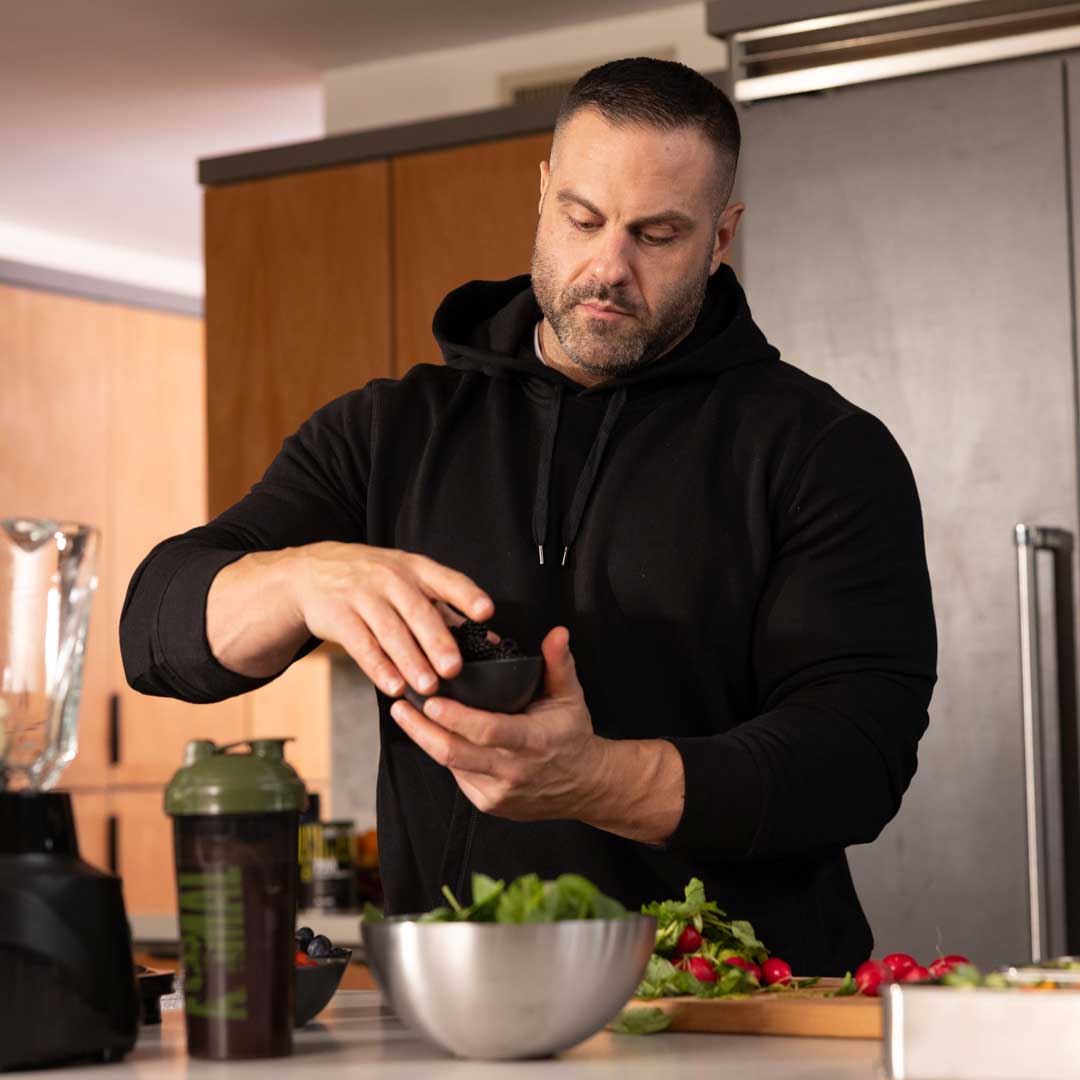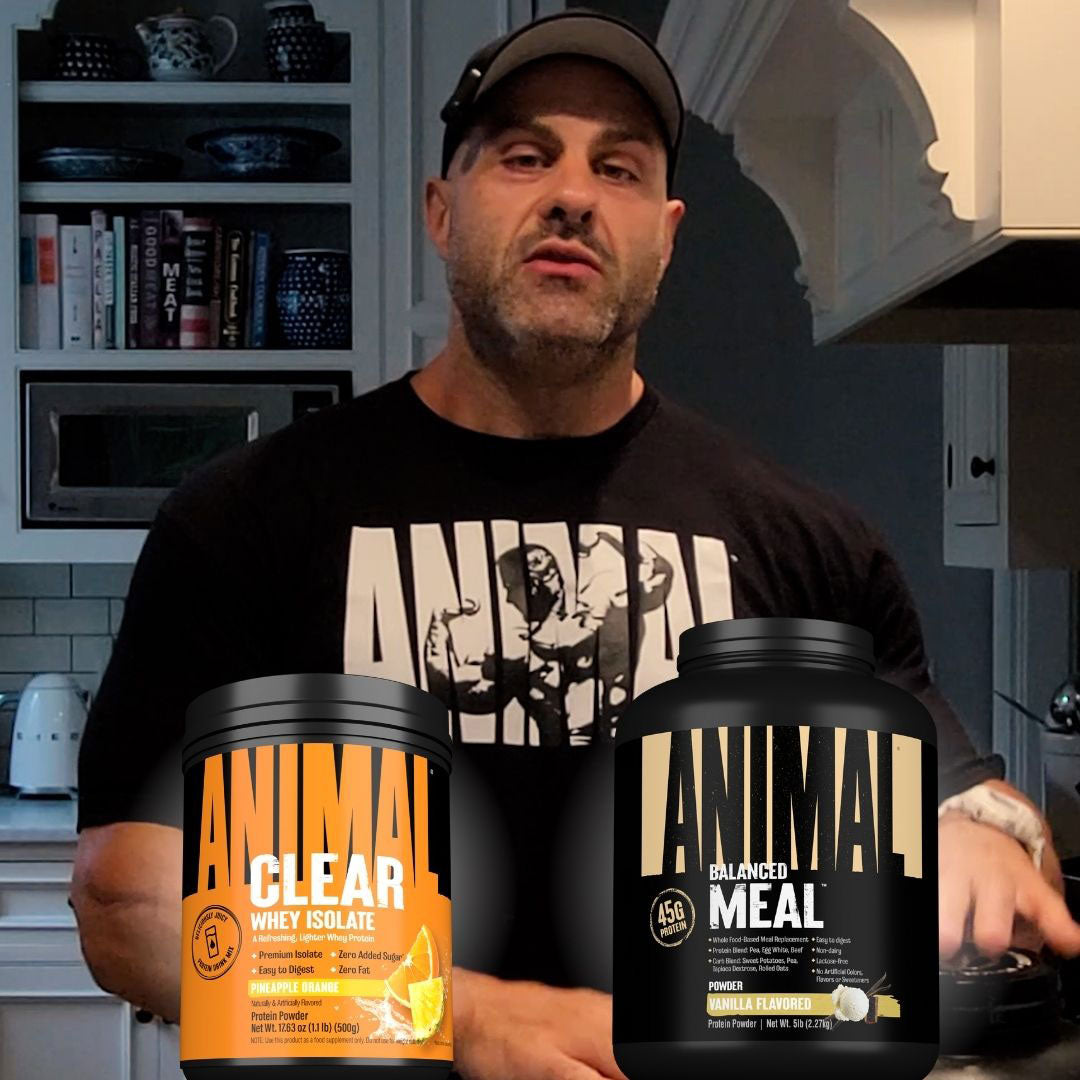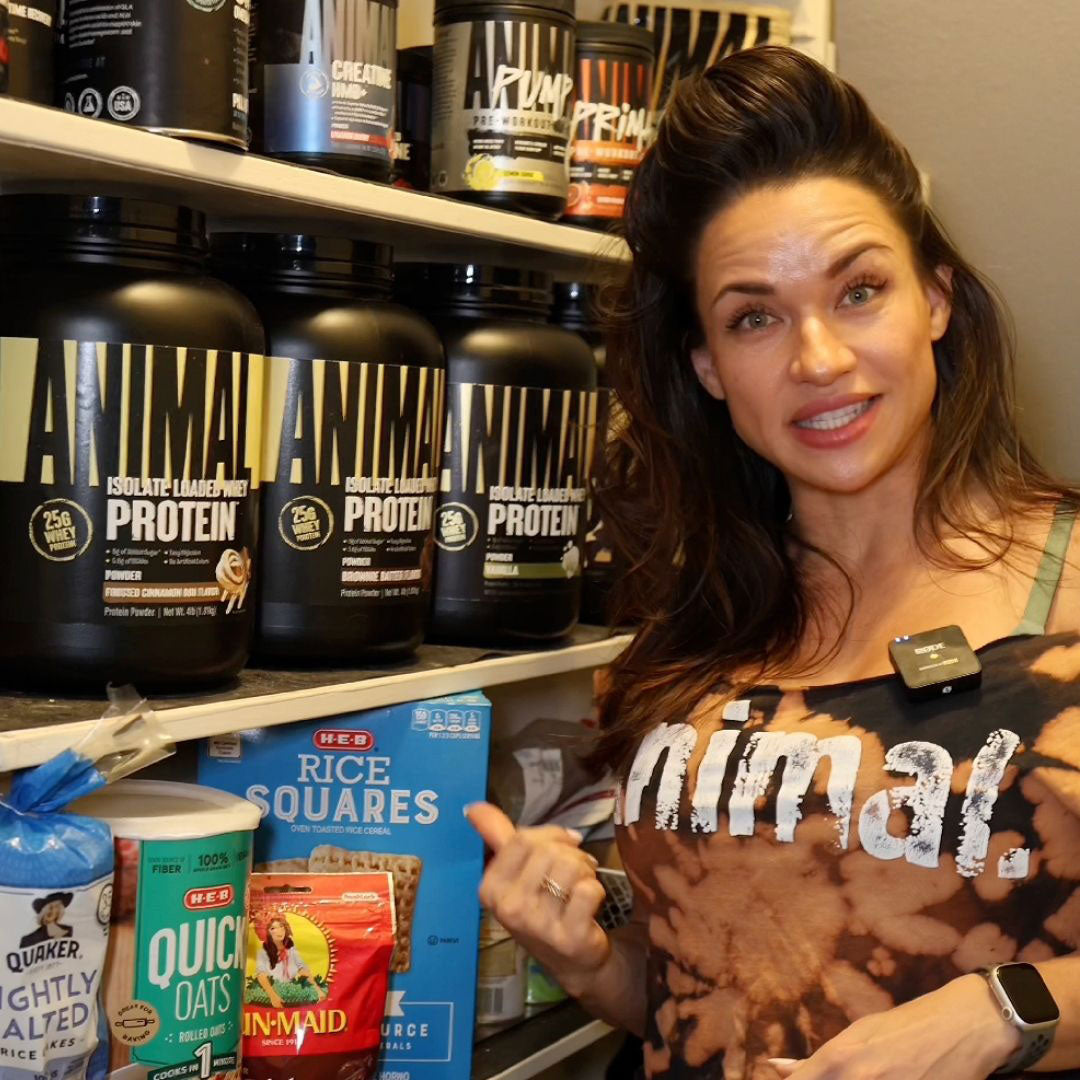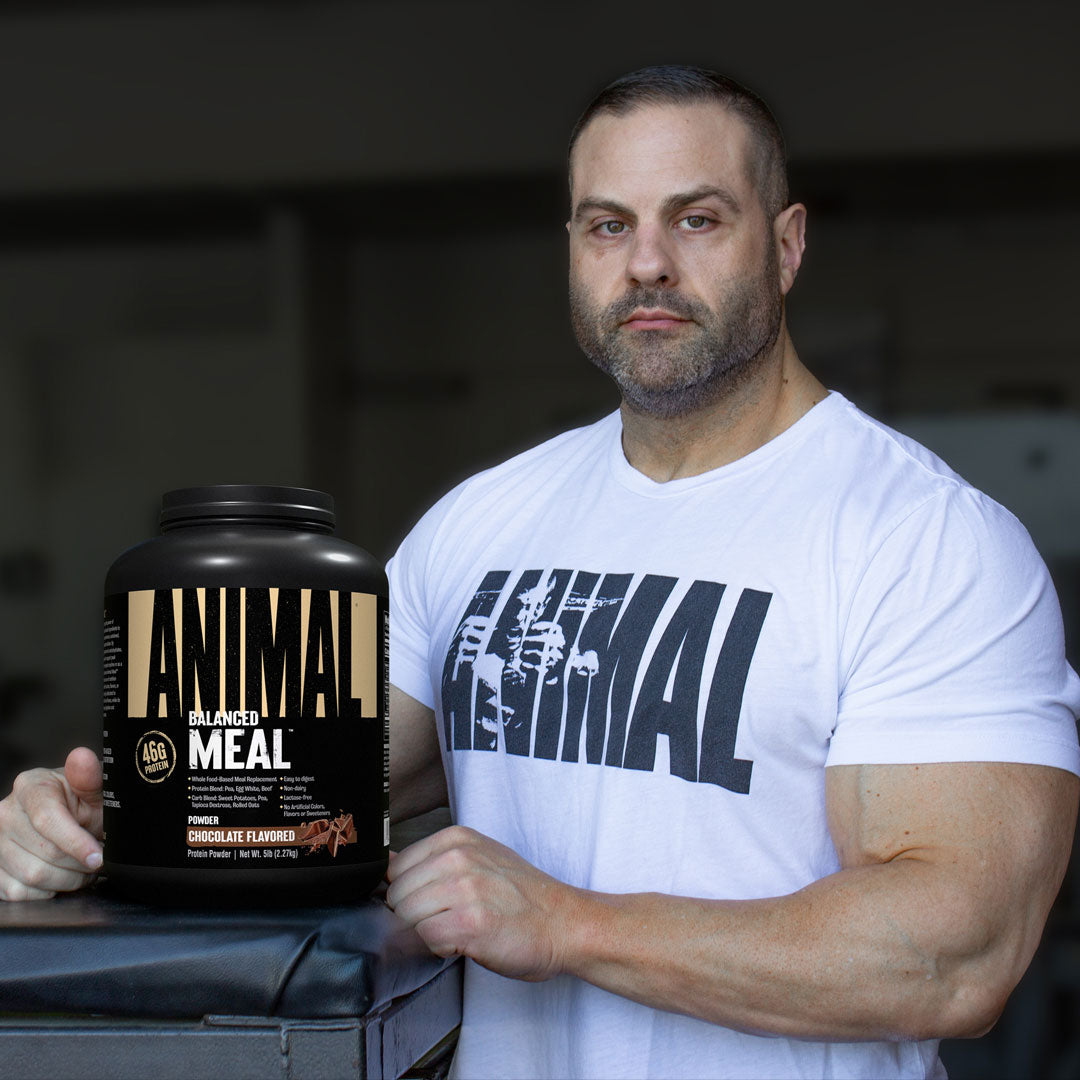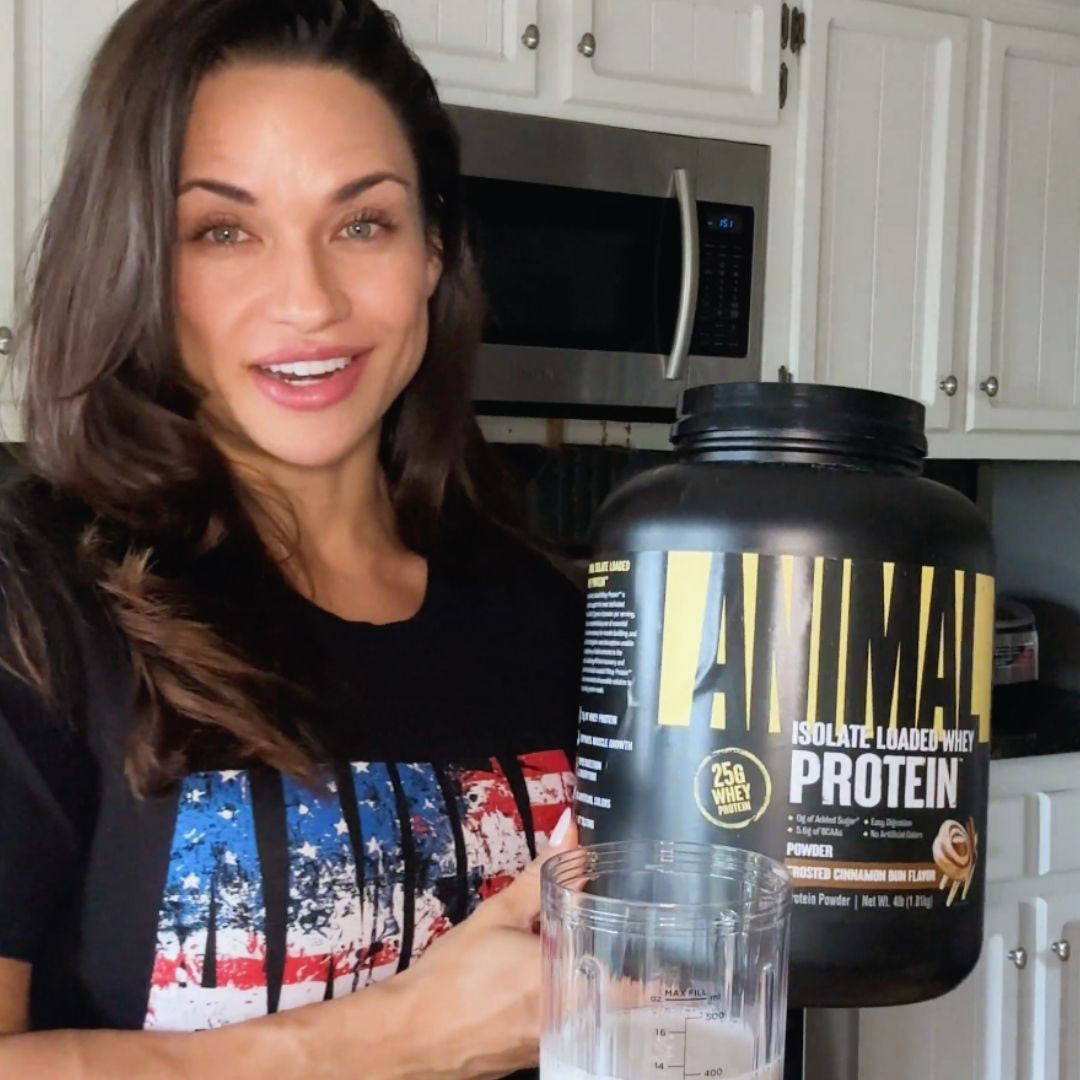https://www.youtube.com/watch?v=m3415eRbS64
In this episode of “Huge On A Hundred,” I was preparing for a bodybuilding show. That’s why you may notice that I didn’t buy a wide variety of food—so keep that in mind. If you want to see what I bought for my $100, you can watch the video. For this article though, I wanted to focus on other important food topics besides shopping—such as meal timing, quantity of food, the importance of macronutrients, and so on. Rather than focusing on contest prep, I’ll also talk about food and diet in general.
Meal Timing and Quantity
My basic plan to build muscle was to simply eat every 2-3 hours around the clock and shove as many calories in that time as possible. If I trained extremely hard one day, I would be sure not to skip my whole large Papa John’s pizza. Before going to bed, I would set an alarm for the middle of the night, again every 2-3 hours, to slam down a mass gainer shake with extra milk. Most nights, I would gag just trying to choke it down, but I was determined.
This may seem funny now, but I was 100% dedicated and serious about packing on as much muscle as I could. Although I had the right mindset to do what it takes to be my best, I was working in the wrong direction. I failed to realize that not only was I going to get fat by eating all the unhealthy fast food and pizza, I would also likely lose much of the muscle I gained during this “bulking” phase when it came time to diet back down for a show. By waking up in the middle of the night, I wasn’t allowing my body enough rest either, which is a very important component to building muscle. The mindset was right, but the execution was not. Now, I did gain about 50 lb. of weight, but 40 of those were probably pure body fat.
I want you to avoid my mistakes so I will share with you everything I’ve learned the hard way. Let’s start with meal timing. It is important that you eat every 2-3 hours throughout the day. At night, it is more important to rest. I do not recommend waking up to eat. If you eat every 2-3 hours of the day, and assuming you are training, you should likely be eating anywhere from 6-7 meals per day. One of these meals will be a “post workout” meal—I typically use Animal Whey for fast digestion and quicker recovery.

Macronutrients
Unless you are doing morning fasted cardio, you should immediately begin feeding after waking up. Protein stays fairly consistent in every meal. Typically, I consume 50-60 grams of protein per meal, usually in the form of egg whites, chicken, and fish. The carbohydrates and fats vary per meal and depend on how my body looks and is reacting to the amount of food I eat. I was dieting for a show during my "Huge On A Hundred” challenge so I kept the carbs low, choosing the reliable standards rice and oats.
I only eat these carbs in the meals before and after my workout because carbs provide energy and do not necessarily build muscle. The most important time to have the energy is when you are burning it in the gym. Low carb dieting is best when preparing for a contest. Carbs still remain relatively low in the offseason. They are usually more of an afterthought to save room in my budget.
I also keep the fat in my contest diet incredibly low. If I consume any fat during contest prep beyond the fat that’s in my protein, it’s usually in the form of healthy fats such as egg yolks, almonds, avocado, or coconut oil. My typical breakfast consists of a couple of whole eggs with egg whites. It’s best to add fats to the meals that do not have additional carbohydrates.
Just before a contest, I take in as few as 1600-1700 calories a day. Protein intake stays high at between 300-350 grams, fats drop to as low as 30-35 grams, and carbohydrates may be taken out completely for a time period. I never deviate from my contest prep food choices. This diet isn’t for everyone as some people may need more or less food depending on their body. Regardless, this diet should definitely not be followed year-round.
Micronutrients for Digestion
Since digestion is key to absorbing all the nutrients into the body, make sure that you have enough vegetables throughout the day. This will help feed your body the vitamins, minerals, and fiber that it needs to keep things moving. Although I prefer fresh vegetables to frozen, frozen vegetables are a good choice if you’re short on time and money.

Seasoning Is Winning
I like to use season salts as most of them only have sodium and spices which will not affect my current diet plan. From my own personal experience, using artificial sauces and food flavorings only cause me to gain water weight, slows down progress such as fat loss, and creates more cravings for food. I’ve had the best results when I just keep it simple—maybe you will too.



